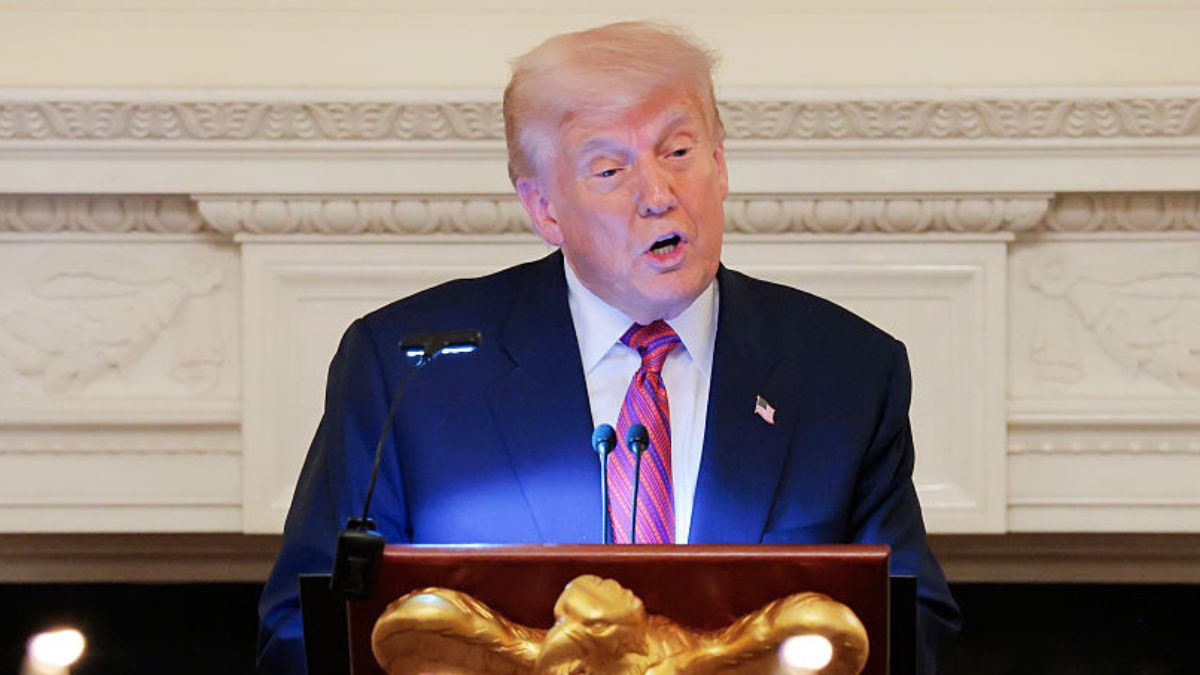
A shift in U.S. foreign policy could be straining relations between Washington and Brasília. Former President Donald Trump, by pressing Brazil on key political and diplomatic issues, is drawing comparisons to an earlier era when the United States reassessed its support for Latin American governments. His actions are now being viewed by some analysts as a modern version of a move made decades ago by President Jimmy Carter.
According to The Washington Post, in the late 1970s, President Carter, whose biggest accomplishments included reshaping American foreign policy, changed how the United States interacted with Latin American dictatorships. He moved away from backing military regimes, such as the one in Brazil at the time, and pushed for human rights reforms instead. Many Brazilians later credited this approach with helping open a path to democracy by the 1980s. However, at the time, Carter’s decisions caused tension and were used against him politically in the U.S., especially during Ronald Reagan’s campaign for the presidency.
Now, Trump’s approach is drawing attention for similar reasons. By pushing Brazil on its policies and appearing to interfere in its internal affairs, critics say “Donald Trump just pulled a Jimmy Carter move that could destroy America’s relationship with Brazil forever.” The nature of the pressure has not been fully detailed in this context, but the comparison to Carter’s decisions suggests a significant impact on diplomatic relations.
History repeats itself in strained U.S.-Brazil ties
Carter’s focus on human rights changed the tone of U.S. relations with Brazil more than 40 years ago. While that shift played a long-term role in Brazil’s democratic future, it also created short-term instability and diplomatic backlash. Many of those same risks are being echoed in today’s environment, as Brazil responds to new pressure from Trump’s circle.
Jimmy Carter is grateful to Biden for letting him move up a spot and not be the worst American President.
— It's I-gor (@PaulGor65456416) July 18, 2025
Everyone who voted for Trump wanted him to do exactly what he has been doing. I am guessing you did not want him to do these things. It does not make him a bad President,…
Brazil has historically been a key partner for the U.S. in South America. But changes in leadership, both in Washington and Brasília, have caused the relationship to shift over time. Past cooperation often depended on mutual interests and ideological alignment. When one side moved in a different direction, tensions followed.
Some observers believe that the Trump-era actions could affect how future Brazilian leaders view their ties with the U.S. Long-term trust and cooperation may be harder to maintain if there is a sense that the U.S. is returning to a pattern of conditional or selective support. This could also open the door for Brazil to grow closer to other global powers that offer different terms of engagement.
While no single decision may permanently harm diplomatic ties, the direction of U.S. policy under Trump has sparked serious questions in Brasília. Carter’s approach to foreign policy continues to be studied and referenced even after his recent passing, with his funeral drawing notable attendees and absences that reflected the lasting impact of his presidency on American politics.







